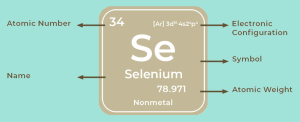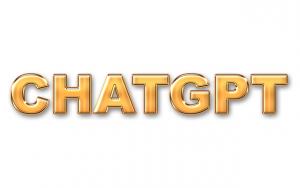Selenium is an essential trace element for good health. If we are to survive and reproduce, we need some selenium in our diets. Not much but some. The reason is that our bodies cannot synthesize the selenium we need. Many of us live in a region of the world with low selenium content in the soil and in the regionally grown food products. Accordingly, it is difficult for us to get enough selenium in our diet.

For example, Alexander et al point out that mainland Europe and Scandinavia are regions with a low intake of selenium. North America, by contrast, is a region with much higher selenium intake. There is considerable variation in the selenium content of locally cultivated food products around the world. Consequently, daily selenium intake varies considerably. Depending upon the region we live in, we may be at risk of sub-optimal selenium intakes or selenium deficiency [Alexander 2024].


